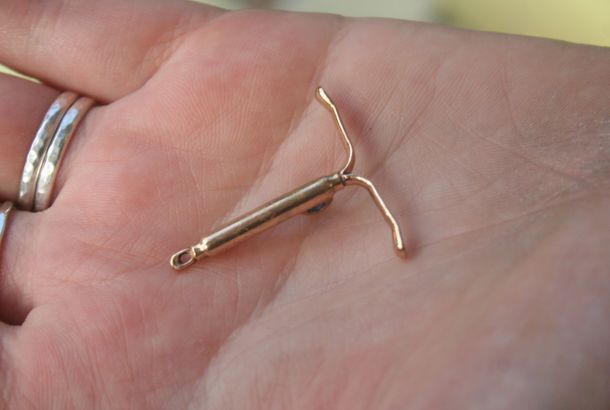My Political Hero: Hans-Dietrich Genscher
There are many reasons why Hans-Dietrich Genscher, former (West) German Foreign Minister, may be called a political hero. As Minister for the Interior, he presented himself as a hostage in exchange for the Israeli athletes during the 1972 Munich Olympics. In 1989, he announced to several thousand East German refugees, camping at the West German embassy in Prague, that they were allowed to pass through the Iron Curtain – an event which literally marked the end of the Cold War. In these times of European crisis however, one should first and foremost consider his European politics and commitment to the European Union as political union.
Born in 1927, he belonged to the last generation of German politicians who actually lived under the Nazi regime. At the age of 16 he was forced to leave school to work as a flak unit auxiliary. Later he became an American and British prisoner of war before he deserted in order to escape Soviet imprisonment. He joined the East German Liberal Democratic Party and started to study Law in East Germany. In 1952 he fled from the Communist regime in the German Democratic Republic, as he desired to live in a free and liberal country, reigned by democratic principles.
Genscher served as Bundesminister for 23 years, of which he spent 16 as Foreign Minister, making him the longest-serving Foreign Minister in the Western World. His East German roots played a big role in his politics. Having been subject to human rights restrictions in his home country, he put their compliance, especially in the Soviet Union, atop his political agenda. Whilst being Foreign Minister he met and supported political activists like Lech Walesa and the Czech opposition during the Prague Spring. To strengthen peace and stability, he put a lot of effort in the advancement of multilateral institutions, foremost the Organization for Security and Co-operation in Europe, NATO and what was then the European Community. Genschers’ foreign policy established great trust in Western Germany on both sides of the Iron Curtain.
In his fight for reunification he never tired of citing the letter for German reunification which stated that “the political aim of the Federal Republic of Germany [is] to work for a state of peace in Europe in which the German nation will regain its unity through free self-determination.” He never doubted that a reunified Germany could only persist as part of a strong European Community. More so, by signing and actively shaping the Maastricht Treaty, he laid the foundation for the European Monetary Union. It was one of his last official acts.
Genscher voluntarily resigned as Foreign Minister in 1992. Today he is an honorary member of his party, the liberal Free Democratic Party. He is not one to still be omnipresent in the public sphere. However, with the Euro crisis he takes a clear stand and criticises the scattered voices in German politics that predict an end of the eurozone. With wagging forefinger, he reminded his former colleagues in the German daily Tagesspiegel that “size and strength do not automatically grant more rights but rather call for more responsibility”.






